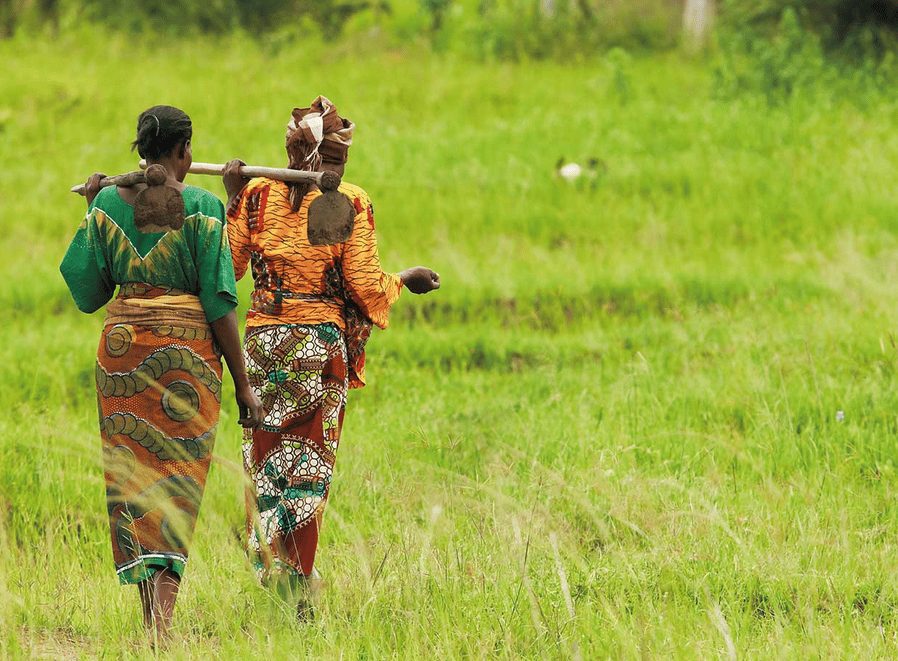Source: Elizabeth Mkandawire and Melody Mentz-Coetzee, The Conversation, 19 August 2021, photo credit: Patheos
The number of hungry people in the world grew by a staggering 161 million people in 2020 to 811 million. More than one third of these people live in Africa. One of the main reasons for this increase is the COVID-19 pandemic, coupled with the cost of healthy diets and high levels of income inequality.
More concerted efforts are needed to address the problem of food security. Empowering women is often said to be the key. In the past, researchers have looked to their specific disciplines to suggest how women could be empowered to improve food security.
Some have focused on increasing women’s income because women spend more of their income on household nutrition. Others have focused on providing women with nutrition education because women carry the primary responsibility for preparing food.
While these studies are valuable for improving food security and nutrition, we also need to consider what shapes women’s participation in different aspects of the food system.
Read more
The South African Pork Producers’ Organisation (SAPPO) coordinates industry interventions and collaboratively manages risks in the value chain to enable the sustainability and profitability of pork producers in South Africa.









